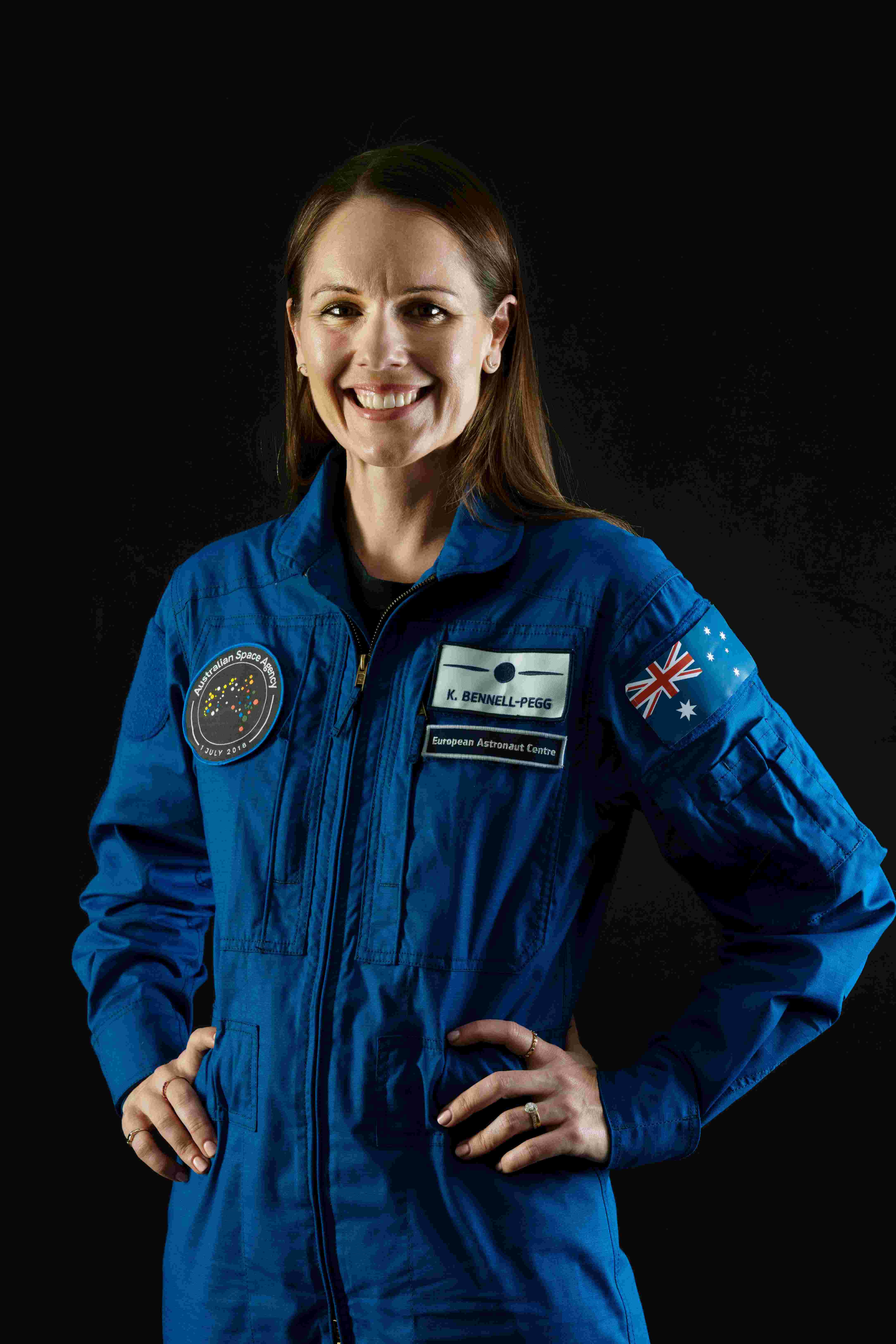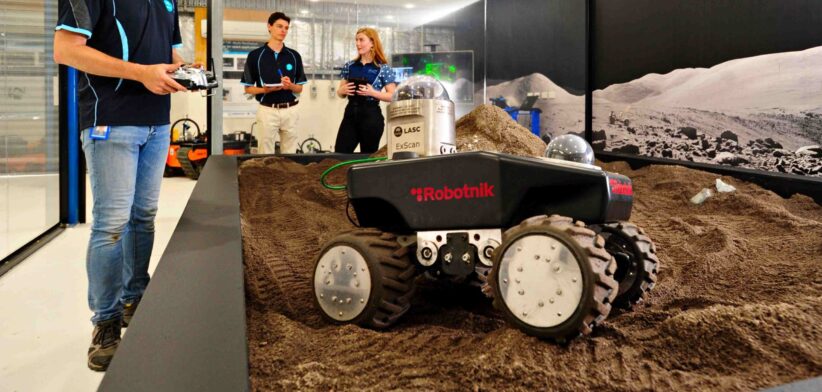Brisbane will host the world’s space innovators at an international conference later this year.
The International Symposium on Artificial Intelligence, Robotics and Automation in Space (i-SAIRAS) 2024 will bring global delegates to Australia for the first time.
The first qualified astronaut under the Australian flag, Katherine Bennell-Pegg, will headline the CSIRO event, from November 19-21.
i-SAIRAS 2024 Chair Dr Jonathon Ralston said the symposium brought together agencies, researchers, and industry professionals engaged in advancing the science and technology of robotics, automation and artificial intelligence (AI) to shape the future of space.
“This year, we are enhancing the program with a special focus on the interconnection between advancements on Earth and their applications in space, opening the door for other industry sectors to participate,” Dr Ralston said.
He said Ms Bennell-Pegg would be joined by a range of other distinguished speakers, panellists, and researchers.
Ms Bennell-Pegg completed her training with the European Space Agency in Germany this year and will soon return to work at the Australian Space Agency.
“I’m excited to come home to Australia and share the knowledge I’ve gained from my training with our growing space and tech sectors,” Ms Bennell-Pegg said.
“Australia has an increasing number of cutting-edge AI and robotics projects contributing to global space missions – including Roo-ver, the Australian Space Agency’s rover that will head to the Moon later this decade.
“i-SAIRAS coming to our shores will provide an opportunity to strengthen our international partnerships and learn from each other as we develop technologies that enable research in space and enhance life on Earth.”
CSIRO Space Program Director Dr Kimberley Clayfield said the symposium reinforced the agency’s commitment to science translation between Earth and space.
“Key technology developments on Earth offer new and exciting ways to explore space and better understand our solar system, and vice versa,” Dr Clayfield said.
“We’re already seeing AI and machine learning unlock vastly improved processing and analysis for Earth observation data, helping researchers better understand the world around us.
Researchers have until June 23 to submit abstracts for the Symposium.
More information is available on the event website.









